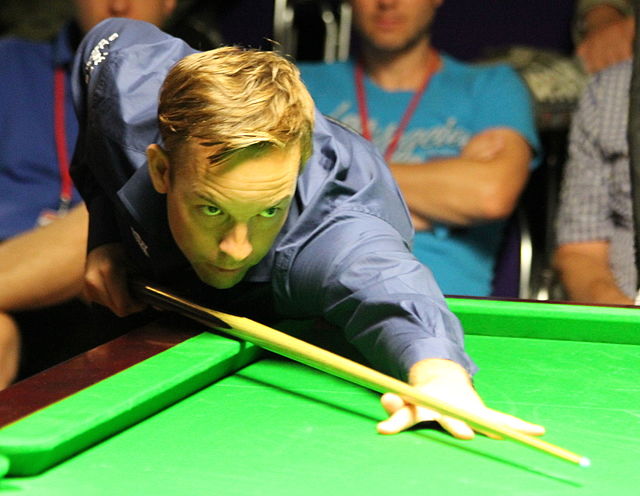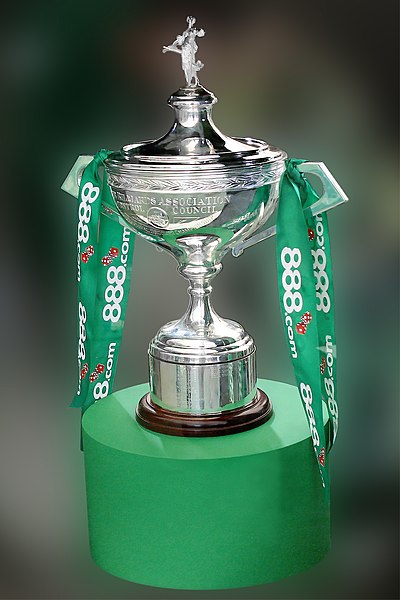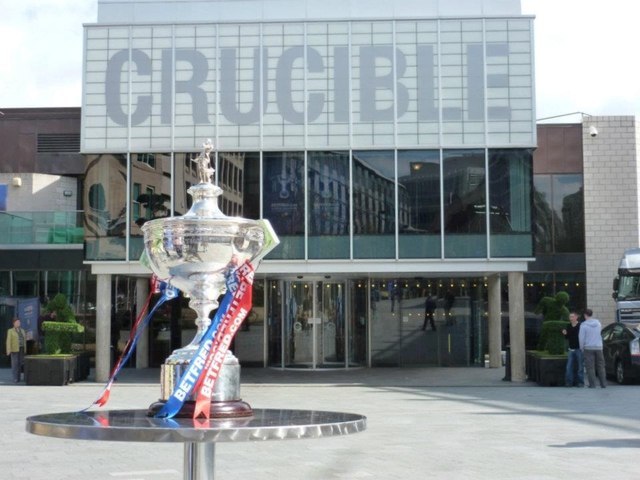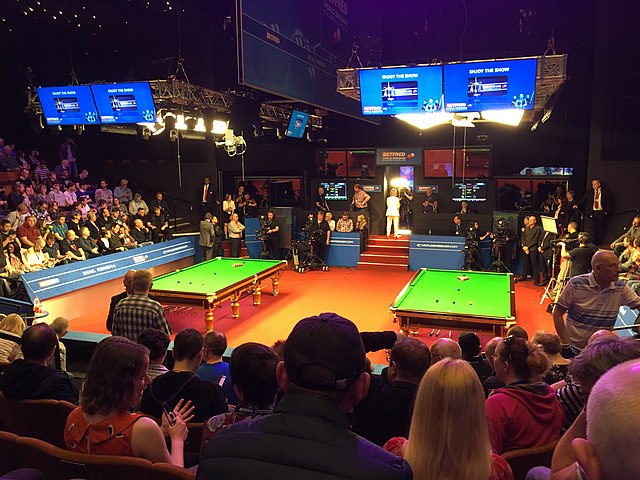Infinite photos and videos for every Wiki article ·
Find something interesting to watch in seconds
Supercars
Great Cities
Celebrities
Richest US Counties
Largest Empires
British Monarchs
Wars and Battles
Largest Palaces
Great Artists
Sports
History by Country
Tallest Buildings
Great Museums
Animals
Orders and Medals
Rare Coins
Crown Jewels
Best Campuses
Wonders of Nature
Kings of France
World Banknotes
Presidents
Recovered Treasures
Countries of the World
Famous Castles
Ancient Marvels
more top lists






